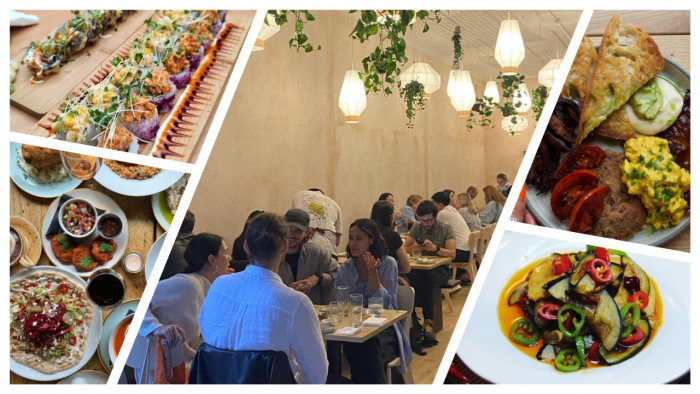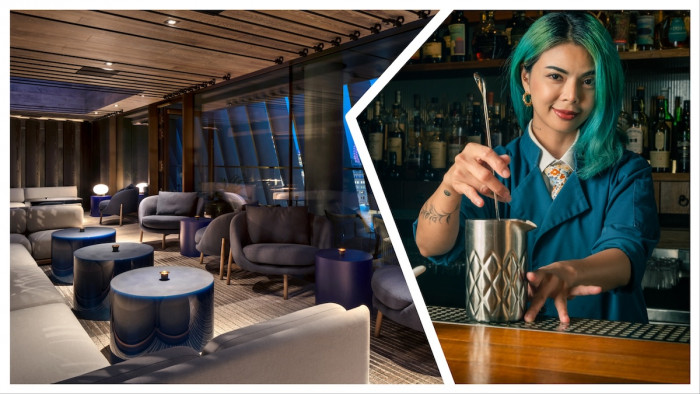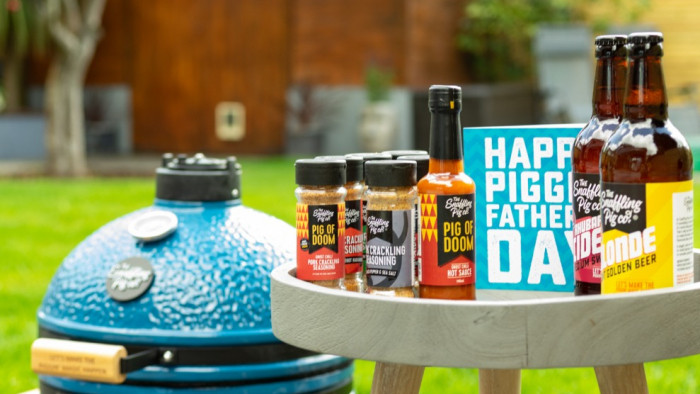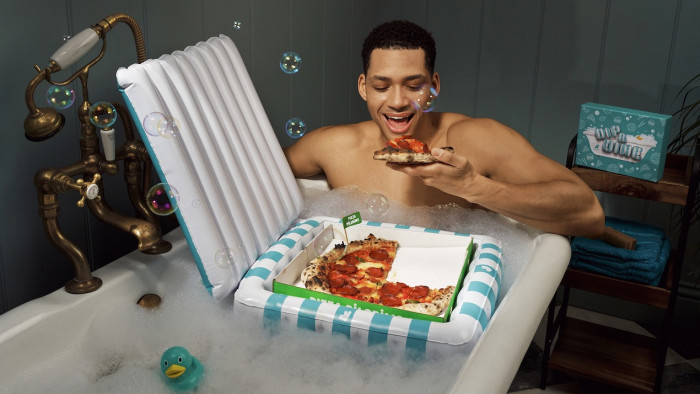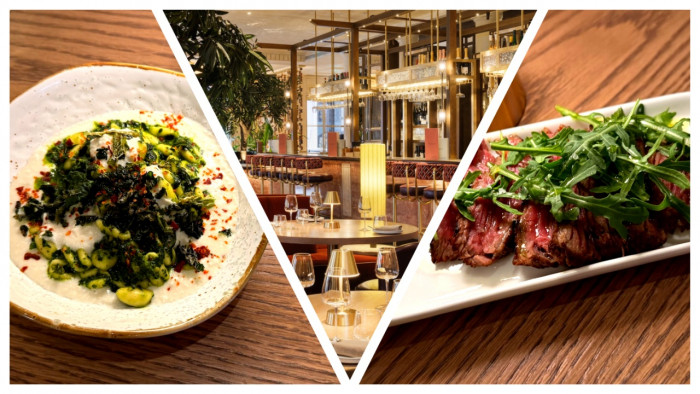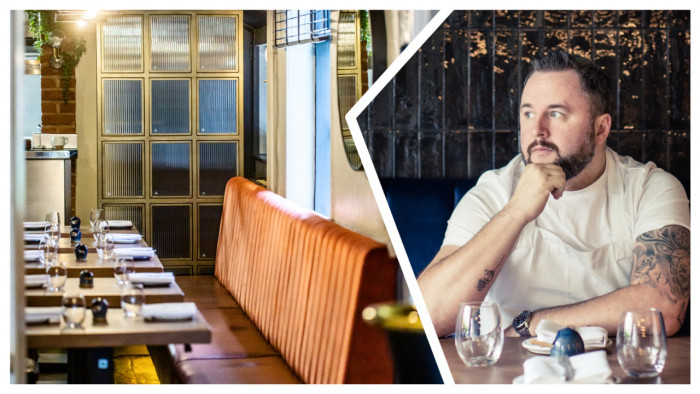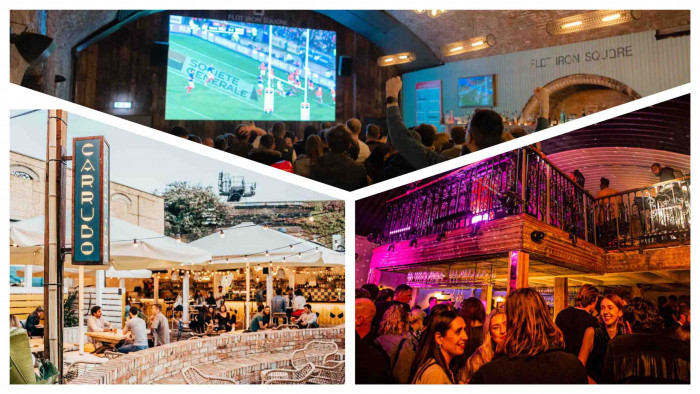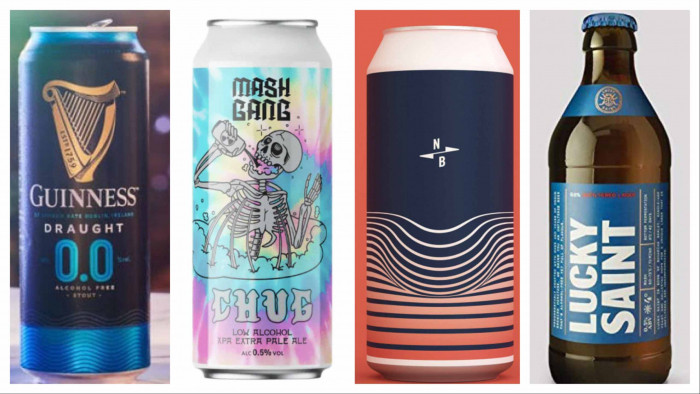Why you need to spare a thought for the men who hate pubs
Meet the blokes for whom your humble local is a hostile land


All men love pubs. That’s what we’re told. Men love being in pubs, preferably with other men. We hear about how much men love pubs every time we watch a British film or sitcom, read a book that purports to reflect regular life in the UK, catch an ad break or have the misfortune to tune into a BBC radio drama. There they are, the men. In the pub. Enjoying themselves. For ever.
To an utterly average, cisgender, heterosexual White Man like me, pubs are great. If you, a stranger in the street, pointed at a pub and said, “Pub?” I would almost certainly follow you into that pub, no questions asked. But part of being a man in 2018 is about lending an ear to marginalised minorities and educating yourself with the stories of people whose life experiences differ from our own. For many, the pub is not a carefree social haven, synonymous with happiness. It’s a place of anxiety, inconvenience and bad associations.
If we want to move things forward and truly exist in a progressive society that excludes no one, we have to think of other people before ourselves. So spare a thought for the men who hate pubs.
Joe Mackertich, editor
THE FORMER ADDICT
Stuart Pascoe, 46, is 18 months sober and a volunteer for the charity Addaction
I started noticing things getting out of hand about four years ago. I was drinking before work, during work and after work. I was constantly topped up. At the worst point, I was drinking 1.5 litres of vodka a day. I was up and down all the time: crying one minute, laughing the next, hallucinating and having vivid dreams. My wake-up call was when I went to the doctor and he said to me, “Stuart, you’re dying. I’d probably give you six to eight weeks to live.”
Now I’m sober, I wouldn’t go back to the pub. There’s a saying: “If you sit in a barber’s long enough, you’re gonna get a haircut.”
If I went back to the pub I might be OK in the beginning, but then I’d be tempted into old behaviours.
There’s still a romantic idea about going to the pub and, honestly, I love that. When I finish work on a Saturday night, my bus drops me right outside a pub in Truro and I have to walk past it to get back to my flat. The waft of alcohol coming from the pub and seeing the girls and boys dressed up ready for a night out with their friends is tempting. But I can’t do that anymore. I’ve got to accept that that’s part of my addiction and live with that.
THE WHEElCHAIR USER
Will Pike, 38, was left disabled after the 2008 Mumbai terrorist attack
The problem for wheelchair users is that pubs – the good ones with all the character – are always in idiosyncratic buildings that don’t lend themselves to accessibility. I can manage a few steps getting in, and I’m fine being plonked in a corner, but the chances of me being able to access a toilet are so low. It’s a major hindrance, and if you’re not continually managing your expectations you’ll be permanently pissed off.
I feel as though the pub owners’ recourse, to defend themselves from criticism, is to say the building is listed. Whether it’s listed or not, do you want me to piss on the floor? If you can install a new kitchen, you can make a building accessible.
The biggest thing that needs to happen is a shift in mindset. The onus shouldn’t be on disabled people to flag these problems or point out the wider impact of neglecting the disabled demographic. There is this ‘suck it and see’ attitude where people say to themselves, “You don’t even see that many disabled people here!” Well, the reason for that is that they can’t be fucking bothered to leave the house and contend with your obstacles.
It’s a massive shame to me because I lament the decline of the traditional boozer and how they’ve been usurped by gentrified bars, but the access is just not there.
Now I’m sober, I wouldn’t go back to the pub. There’s a saying: “If you sit in a barber’s long enough, you’re gonna get a haircut.”

THE TRANS ACTIVIST
Kenny Jones, 24, is a trader, model and co-host of YouTube series The Transparency Show
When I was young, a family friend owned a local pub and I’d go there and nobody cared about me because I was just a kid. But as I got older, especially when I started to not look male or female, I got more looks. It made me not want to go to pubs at all. I don’t want to go somewhere to be judged – who would?
The worst experience I had at a pub was when a guy who’d been staring at me all night came up to me, obviously drunk, and asked if I was a boy or a girl. I felt embarrassed. I was with a mix of people who did know I’m trans and people who didn’t, so the question put my back up against the wall. Thankfully, my friends that knew just said, “Of course he’s a boy.” I was too afraid to say anything myself.
I feel that I’m missing out. Going to the pub with your colleagues is a bonding experience and they’re places to build up confidence. But in the pub people start asking personal questions. I’ve often felt forced to lie about my past and say, for example, that I went to an all-boys school when really I went to an all-girls school.
Maybe an LGBTQ sticker on the window of a pub would be good to indicate they’re a welcoming establishment. It’s only a small thing but would mean a lot for trans people.
I respect that pubs are a staple of British culture, but the real challenge is to ask how we can all take issues around racism and Islamophobia more seriously.
THE TEETOTAL MUSLIM
Sayed Alkadiri, 28, is chairman of the Muslim Leadership Foundation
As a child, I remember looking out of my window at bunches of white men strolling out of the local pub chanting racist abuse at any person of colour they’d see on the streets. You don’t forget that. My mother still crosses the street to avoid walking past pubs that have large crowds outside because it’s intimidating seeing a bunch of lads swigging their beers and puffing on cigarettes.
As a practising Muslim, it’s clear in our scriptures that drinking alcohol is forbidden, and so to be in that environment isn’t exactly appealing to me.
There’s a lot of pressure from colleagues to head down to the pub after work. It makes you realise that an astonishing amount of social interaction takes place around alcohol. Not only are informal networks in the workplace created in the pub, but most other team-building gatherings are also lubricated with alcohol. This has been a huge issue for Muslim professionals for years, but I strongly reject the idea that to get on with my career I need to be in those alcohol-fuelled places.
I’ve also heard some terrible stories from my Muslim colleagues about having their soft drinks spiked with alcohol in pubs, which I assume was considered amusing by some but is totally outrageous for Muslims.
I respect that pubs are a staple of British culture, but the real challenge is to ask how we can all take issues around racism and Islamophobia more seriously.
THE AUTISTIC MAN
Alan Gardner, 59, has Asperger’s and is host of Channel 4’s The Autistic Gardener
Ah, the dreaded pub. The best way to put this is: you work at an office and one of your colleagues says, “Let’s go to the pub.” But when you are autistic or have Asperger’s, the first thing that pops into your head is, “OK, how will I get there? What will it be like? Will it be busy? Will he buy the first drink? Will he expect me to buy the drinks after him? Will it be busy at the bar if I go to order? What will we talk about? And, more importantly, when can we go home?”
It’s an anxiety thing. It’s seeing a set of hurdles rather than thinking of it as something that’s enjoyable.
A lot of autistic people suffer from sensory overload, so pubs can be too noisy or too bright. They seem sort of dusty and claustrophobic as well. Some pubs are friendly. The majority are not. If you go into a village pub in the middle of nowhere and have violet hair and nail varnish, as I do, then God… you might as well be sodding naked.
For the most part, I tend to avoid going to the pub altogether. I don’t feel like I’m particularly missing out, though, because, autistically, we don’t do small talk.
(Illustration: Josh Holintay, Main image: Getty)
Latest
Related Reviews and Shortlists

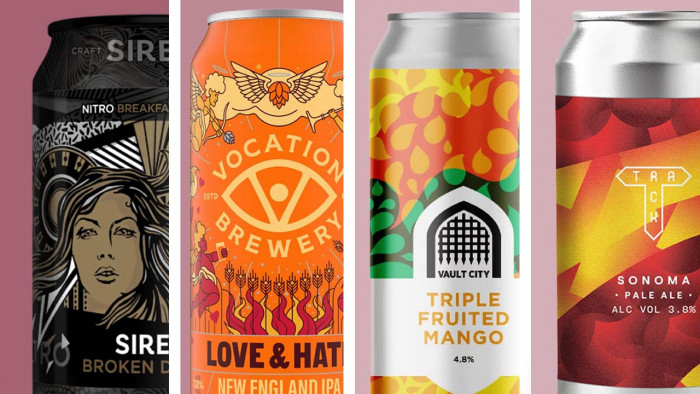
The best craft beers: 17 of the best beers

